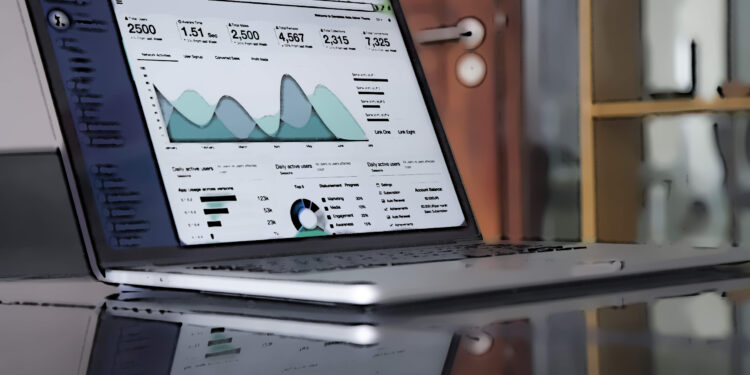Small businesses have a lot going for them. They have nimbleness, cost-consciousness and an ability to serve their local communities that many big companies don’t have. However, small businesses can also be at a disadvantage when it comes to cybersecurity because of the limited resources they have available compared to large corporations. Small businesses may not have the budget or manpower to implement cybersecurity measures like other companies do, but there are several things that small businesses can do to improve their cyber defenses. These tips will help you make sure your business is safe from hackers and cybercrime as much as possible. These suggestions won’t take much time or money, but they’ll significantly reduce your risk of being hacked and having your data compromised.
Use 2FA and strong passwords for all apps
One of the easiest ways to avoid being hacked is by using two-factor authentication on all of your important apps. Many companies offer this security feature, and it’s even built into some apps like Facebook and Gmail. Two-factor authentication requires you to enter a password, as usual, and then enter a second authentication code that’s sent to your phone using an app like Google Authenticator. This way, if someone tries to log into your account from an unfamiliar device, the code will be sent to your phone and the login attempt will be denied. Even if a hacker somehow gets your password, they won’t be able to log in. With two-factor authentication, you should also be sure to use a strong password that’s at least 10 characters long. Don’t use a password that you’ve used before, and don’t select something that’s easy to guess. You should also avoid reusing passwords between different websites and accounts. If one account is compromised, the hacker will have access to all your other accounts, as well.
Update your software and OS
Many people overlook the importance of keeping their software and operating system up-to-date. It’s important to keep an eye on when your software is due for an update. It’s also important to be vigilant about keeping your OS and other software up-to-date. Many cyberattacks happen because the victim’s computer was running out-of-date software that had a security vulnerability. Newer software often comes with additional security features to protect against malicious software. It’s also important that you keep your operating system up-to-date. Many OSs come with automatic updates, but others don’t. You should also check to see if your device is compatible with the latest version of its OS. If it isn’t, you may not be able to update.
Install an Antivirus Program
Antivirus software is one of the best ways to protect your computer from malware, viruses and other threats. A lot of antivirus programs cost money, but there are several free options that provide excellent protection. You should choose an antivirus program that is compatible with your computer’s operating system. You should also make sure that the antivirus program scans your computer for infections regularly. Set it to scan your computer once a week, or even every day if you’re worried about it. You should also make sure to keep the antivirus program’s definitions up-to-date. This helps keep your computer protected from the newest threats.
Make Sure All Employees are Trained
The best cybersecurity defense is a well-trained human workforce. No matter how many security measures you put in place, an employee could easily bypass them. For example, a hacker could trick you into giving them access to your computer by pretending to be someone from tech support. This is known as social engineering, and it has been one of the most common ways to hack a computer. Train your employees on how to identify possible social engineering hacks, and how to prevent them. You should also train your employees on how to identify and report suspicious emails and websites. Make sure that your employees know that they should never click on links in emails unless they’re 100% sure they’re legitimate.
Don’t Rely on Just One Form of Security
Many small businesses make the mistake of relying on a single form of security. This could be something like a firewall, antivirus software or a firewall. However, hackers know all these tricks and have been known to get around a single security measure. Instead of relying on just one form of security, you should use several forms of protection at once. For example, you can use a firewall, antivirus software and a VPN to protect your computer and data. This principle is called Defense in depth. Also, better avoid than detect. Small companies should also anticipate risk and implement preventive risk management, that are proactive measures way cheaper than relying only on detection technologies.
Cyber criminals are always looking for new and creative ways to steal information and money. As a small business owner, you need to be vigilant and use these 5 cybersecurity tips to protect both your company and your customers.


